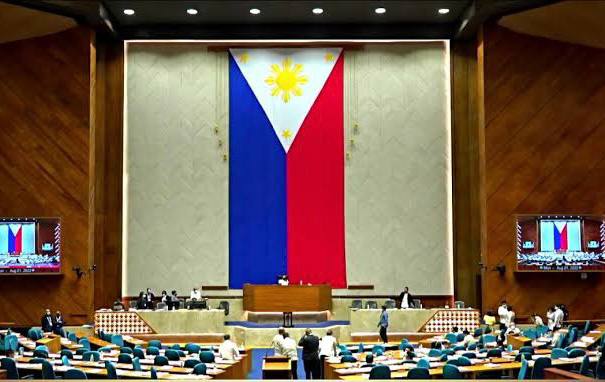A legislative bill seeking to amend the Corporate Recovery and Tax Incentives for Enterprises (CREATE) Act and revise its value-added tax (VAT) provisions has been approved at the House committee level.
The House Committee on Ways and Means on 21 November approved the bill that will amend the CREATE law to resolve its conflicting provisions on tax incentives and revive the Cross-Border Doctrine for VAT purposes.
The unnumbered substitute legislation has been called CREATE to Maximize Opportunities for Reinvigorating the Economy (CREATE More) bill.
The Cross-Border Doctrine is rooted in the Omnibus Investments Code of 1987. The doctrine mandates that no VAT shall be imposed to form part of the cost of the goods destined for consumption outside the territorial border of the taxing authority. The no VAT clause includes sales to export processing zones.
Lawyer Irwin Nidea, Jr., a senior partner at Du-Baladad and Associates Law Offices, in an opinion article published recently in the Business Mirror noted how the CREATE Act has effectively killed the cross-border principle, to the consternation of the business community.
Previous to the CREATE Act, any sale made to a registered business enterprise (RBE) located in a special economic zone was considered a sale made to another country. Thus, VAT at zero rate was automatically charged by the supplier to an RBE in the special economic zone, Nidea said.
But with the passage of CREATE, for VAT to be zero-rated, an RBE must prove that its purchase was directly and exclusively used for its registered activity. If it can’t, its purchases would be considered VAT-able, said Nidea.
This has led to RBEs finding themselves trapped as some of their working capital is captured and transformed into input VAT, he continued.
Many multinational companies in special economic zones had been promised a zero-percent VAT when they committed to invest in the country. Unfortunately, some of these investors now think that the government has reneged on this promise, and they feel shortchanged, said Nidea.
“Even if they may claim a refund, it is a reality that they would still have to go through the eye of a needle before they see a dime. In the meantime, their input VAT accumulates while they see their working capital being eaten out. It also does not help when the law is not clear when a claim for refund must be elevated in court,” he continued.
Nidea said CREATE More categorically states that the BIR must decide within 90 days whether to process a VAT refund claim or not, and its inaction during that period is considered a denial of the claim for refund, which entitles taxpayers the right to go to court.
Issues thrown against the CREATE Act have been many. Aside from the 12% VAT imposed on indirect exporters supplying goods and services to export-oriented enterprises, also raised were the non-refund of VAT on local purchases by domestic market enterprises; tedious documentary requirements; slow processing; and unpredictability with VAT refund claims.
The CREATE More bill aims to resolve these concerns. The bill’s principal author, Albay lawmaker Rep. Joey Salceda, recently told media that the CREATE More bill will address the decline in foreign direct investments arising from the misinterpretation of the provisions of the CREATE law passed in 2021, particularly those on VAT.







